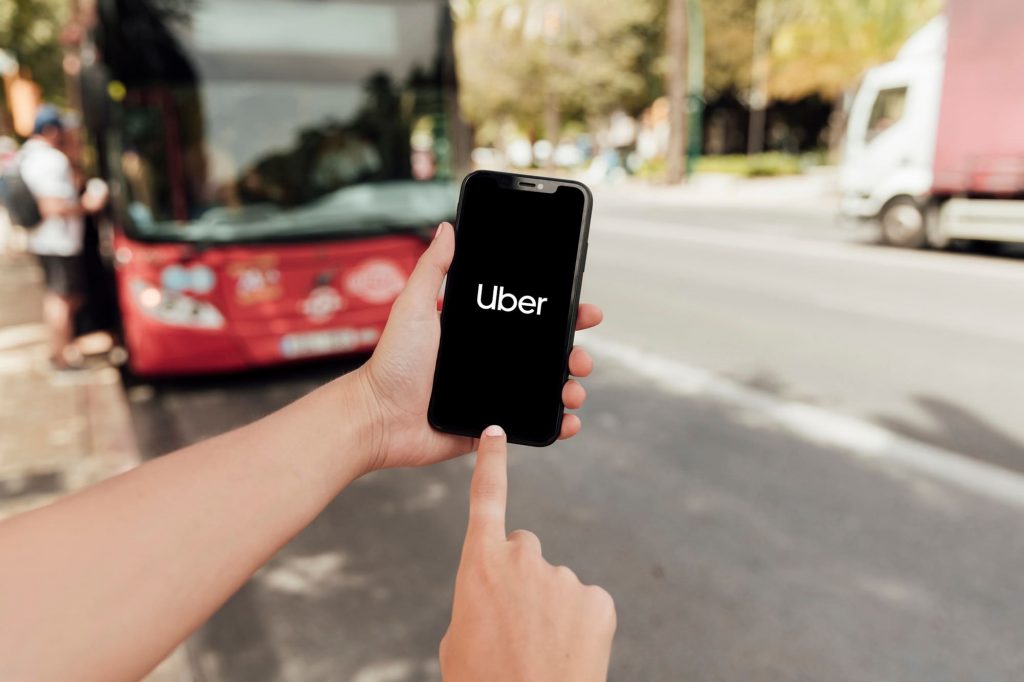App-Based Employees in California: What Does Prop 22 Mean For You?

At last count, over 200,000 Californians make money driving for Uber. Are they employees or independent contractors? The recent passage of Prop 22 is supposed to settle the issue but, instead, it raises more questions.
On one hand, Prop 22 exempts companies like Uber, Lyft, and Doordash from AB-5, which imposes a test to prove workers are not employees. On the other, it grants these workers certain benefits and protections that never existed before.
If you drive for any of these companies, what does all of this mean for you? Will Lyft or Uber send you a 1099-MISC or, under certain conditions, a W-2? This blog provides an overview of how Prop 22 affects app-based drivers (for now, anyway), which businesses it governs, and how it affects any litigation in progress.
Prop 22 and app-based drivers
Prop 22 states that you are an independent contractor unless the company does any of the following:
- Sets your hours
- Orders you to accept specific ride or delivery requests
- Prevents you from working for other app-based companies
- Prohibits you from holding another job
If you work for an app-based company that meets certain criteria, they must provide you with certain benefits, such as:
- Guaranteed hourly earnings equal to 120% of minimum wage
- Subsidized health insurance if you work at least 15 hours a week
- Occupational accident insurance if you are hurt on the job
- Compensation for vehicle expenses;
- Protection against discrimination and sexual harassment
Does Prop 22 affect other businesses?
At the moment, Prop 22 applies only to rideshare and delivery drivers for network-oriented companies that meet certain criteria. Smaller businesses that engage their own drivers or use other types of contractors still need to meet the AB5 test.
Does Prop 22 change pending cases?
Prop 22 basically creates a new worker status test. It does not appear to apply retroactively, which means that if you already have a misclassification case against these gig companies, your lawsuit can continue. If you have questions, speak to a California employment lawyer right away to see what your options are.
Are you a California driver with questions for an employment attorney?
At SWemploymentlaw employment law is what we do — it’s what we’re passionate about, and it’s the sole focus of our law practice.
We’re committed to effectively representing the rights of employees across the state of California — because we believe that everyone has the right to earn a living and provide for their family, free of unlawful discrimination and harassment.
Our firm has won millions of dollars for employees all over California and we only take cases on contingency, which means we don’t get paid unless we win your case. Our fees come out of the court verdict or settlement with the company, so you don’t pay anything out of pocket.

